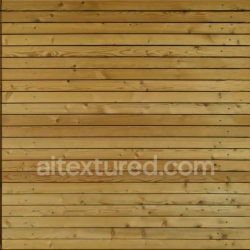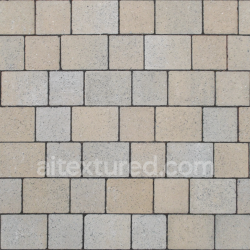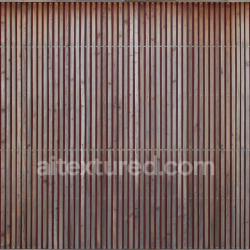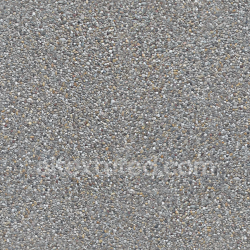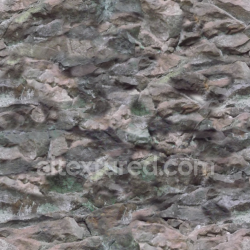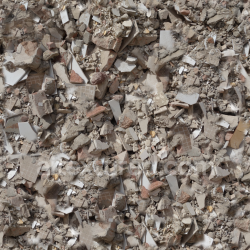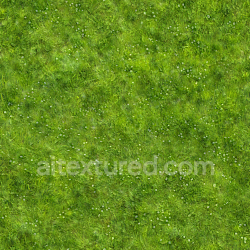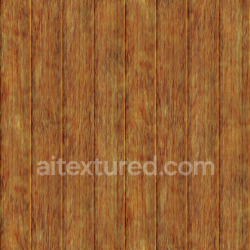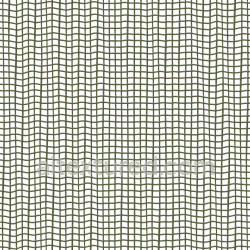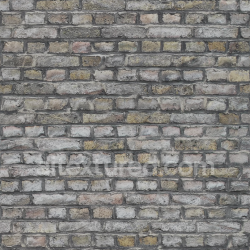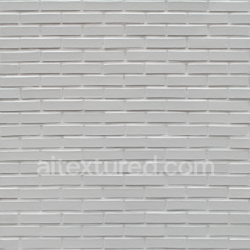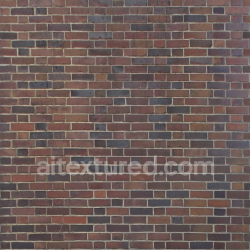Seamless PBR Textures – Complete Guide for 3D Artists and Designers

🔹 What Are Seamless Textures?
Seamless (or tileable) textures are 2D images that can be repeated infinitely across a surface without showing visible edges. This makes them extremely efficient for covering large models, terrains, or background elements. A single 1024×1024 texture of brick can cover an entire wall, while a 2048×2048 texture of grass can be tiled across kilometers of landscape.
🔹 PBR Workflow and Texture Maps
PBR (Physically Based Rendering) ensures materials react naturally to light and shadows. Each seamless texture usually includes multiple maps:
- Albedo (Base Color): defines the visible color, e.g., wood grain or marble patterns.
- Normal: adds depth like cracks in concrete or scratches on metal.
- Roughness: controls glossiness – polished tiles vs. matte rust.
- Metallic: defines whether the surface reflects like steel or diffuses light like stone.
- Displacement / Height: creates true 3D depth, useful for roof shingles or brick walls.
🔹 Key Categories of Textures
The library at AITEXTURED contains hundreds of categories. Among the most popular:
- Brick Textures – for walls, facades, and architectural details.
- Wood and Parquet – for interiors, furniture, and natural props.
- Water – lakes, rivers, oceans, and puddles with realistic reflections.
- Grass – open landscapes, fields, and parks.
- Lava – fantasy and volcanic environments.
- Rust – aged and corroded metals for post-apocalyptic settings.
- Snow & Ice – frozen surfaces for winter biomes.
- Clouds and Air – atmospheric effects and backgrounds.
🔹 Applications in Different Industries
Game Development
Games rely heavily on seamless PBR materials for large-scale environments. Open-world RPGs use grass, soil, and stone textures to create natural terrains, while racing games depend on asphalt and concrete for realistic tracks. Sci-fi shooters often mix metal, rubber, and pattern textures for futuristic panels.
Architectural Visualization
In archviz, seamless textures provide realism and mood. Parquet and tiles bring interiors to life, while brick, roofing, and glass define exterior facades. Even background details such as clouds or atmospheric gradients enhance presentation quality.
VFX & Animation
Film and animation rely on seamless textures for fast compositing and realistic environments. Water surfaces are used for oceans, lava for apocalyptic shots, and rusted metal for abandoned props. Combined with particle simulations, they deliver cinematic quality while keeping workflows efficient.
🔹 Benefits of Seamless Textures
- Efficiency: one texture covers unlimited space without visible edges.
- Optimization: saves memory compared to unique large maps.
- Flexibility: works across Blender, Unreal Engine, Unity, Maya, 3ds Max, and other pipelines.
- Realism: with PBR maps, surfaces respond naturally to lighting and reflections.
🔹 Future of Textures
With AI and procedural generation, seamless textures are becoming even more advanced. Neural networks already allow automatic generation of stone, wood, or marble variations. Future engines will stream textures dynamically, ensuring infinite detail with optimized performance. AITEXTURED continues to expand with new categories like lava, air, and clouds to keep up with industry trends.
✅ Conclusion
Seamless PBR textures are the invisible backbone of modern 3D graphics. They provide the realism, efficiency, and scalability that professionals need in games, films, and architecture. With more than 1000 free textures available in the AITEXTURED library, artists can explore endless creative possibilities. Start downloading today and take your 3D projects to the next level.
